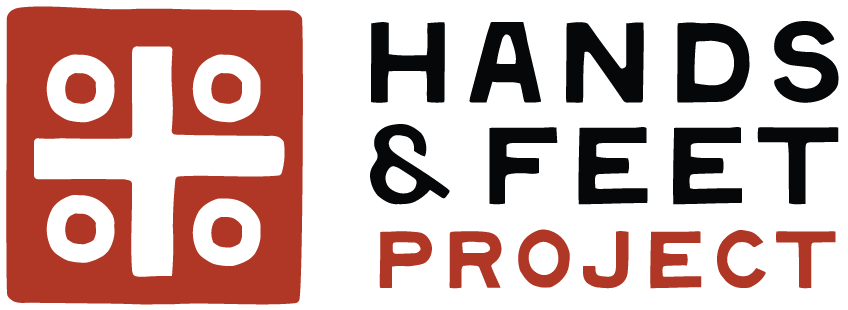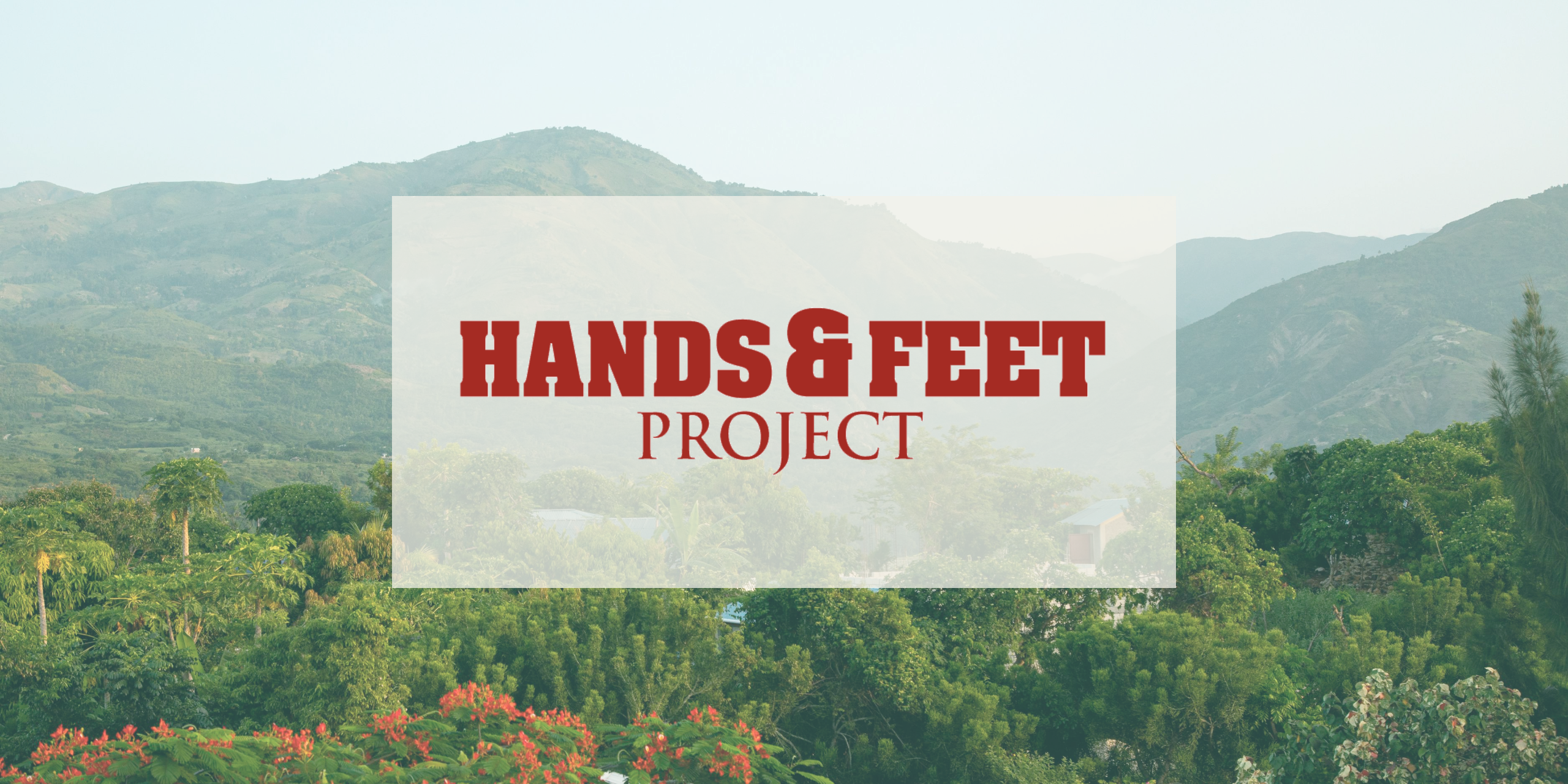If you’re watching the news, you may only get a glimpse of what’s happening in Haiti. We realize that you might be wondering how the current conditions in Haiti are impacting our Children’s Villages and families in the community. Our Hands & Feet Project team would like to share a personal, real-time perspective. As you are considering how to pray, here are the ways the current unrest is impacting our programming and the place we call home.
Gangs are in control of the ports now. They control all distribution of imports and exports. Fuel, propane, gasoline, and a large majority of good supplies are imported and flow through those ports. Most utilities, cell towers, water systems, and others depend on fuel.
A couple of months ago we posted on our blog about the recent history of gang activity in Port-au-Prince. For more information, you can read our blog post at this link.

We use diesel for two main purposes on our campuses: to power our vehicles and our generators.
We need our vehicles to transport kids, secure supplies, and perform market runs. Without diesel, we can’t use our vehicles. However, the nation-wide lockdown and school delays started in September, so vehicle demands look very different from typical operations as school is not in session and we are limited on our mobility. We are praying that by the time school starts again (we still do not have a start date at this point), the fuel shortage will be resolved.
Additionally, since Haiti doesn’t offer consistent power, we utilize our solar, battery, and generator systems to fill in the gaps. However, there has been no diesel available for power. That means no consistent power on campuses. We previously stocked up on rechargeable and solar light bulbs that can be charged for our evenings while we have solar power during the day, but this means we rely heavily on the sunshine!

Propane is solely used for food prep and cooking on our campuses. We have 12 houses across our two Children’s Villages that prepare three meals daily for the children, daycare, and our staff. We prefer to use the ovens in our homes which are powered by propane because it is the most clean way to prepare food.
Unfortunately, we no longer have propane in our storehouse — or available to purchase in the community. Our campuses are now preparing food with traditional charcoal or open-fire stoves. For now, charcoal is available, so we are using it as an alternative to propane until it is available again.

Haiti is a cash-based society. We use cash for 80% of all our purchases. Our expenses include payroll, food, water, hygiene supplies, and medicine. A cash shortage is a huge challenge for an organization of our size. At this point, we are more greatly scrutinizing and prioritizing our expenses.
Inflation in Haiti has been measured as high as 30% in 2022. High inflation means it takes more money to buy the same amount of supplies. For example, we recently paid $33 USD per gallon for gasoline to use a moto to get prescriptions and try to acquire supplies and cash from the bank.
This is the problem: we are dealing with a physical cash shortage, AND we need 30% more cash than just a few months ago. Things are expensive! We have transitioned pay strategies as one temporary solution, but bank closures are further pinching those options, too.

You may have read about another Cholera outbreak in Haiti. It is happening again because clean water is not readily accessible to most communities. Many Haitians haul water from a public well for household and personal use. They also purchase filtered water for drinking from water companies like Dom or Collagen. However, without fuel, water can no longer be filtered by these companies to provide a much-needed resource to the community.
Fortunately, water is one asset that Hands & Feet Project has available within our campus. We have well-water storage, but also water filters on both the system and within the houses. We are thankful water is not a resource that has become limited or scarce on our campuses.

Food orders have been taking weeks to arrive. Market runs are limited to open roads and “free days” in Jacmel, which typically happen on the weekends. Distribution channels for imported and locally grown food are at a standstill due to diesel shortages and gang control of Haiti’s ports. Each week, we have limited time to purchase a substantial amount of food supplies for our Children’s Village, especially in Jacmel.
Hands & Feet Project protocol is to hold an emergency storage of food supplies. We have been using this emergency storage for the first time in 15 years. To address this, we are monitoring unnecessary food waste at the highest level possible while also trying to sustain our campus. One of our staff members is also planting a community garden on our Jacmel Children’s Village, which our children are helping to cultivate. It will be a blessing to grow and harvest produce on our campus. We are thankful for the rice and protein supply packs that arrived just before the lockdowns. We will rely on those for the season ahead as a major staple for our children and families.
Thank you for partnering with us in our mission — even during the challenging seasons. We’re not going anywhere, and we are grateful you are by our side.


